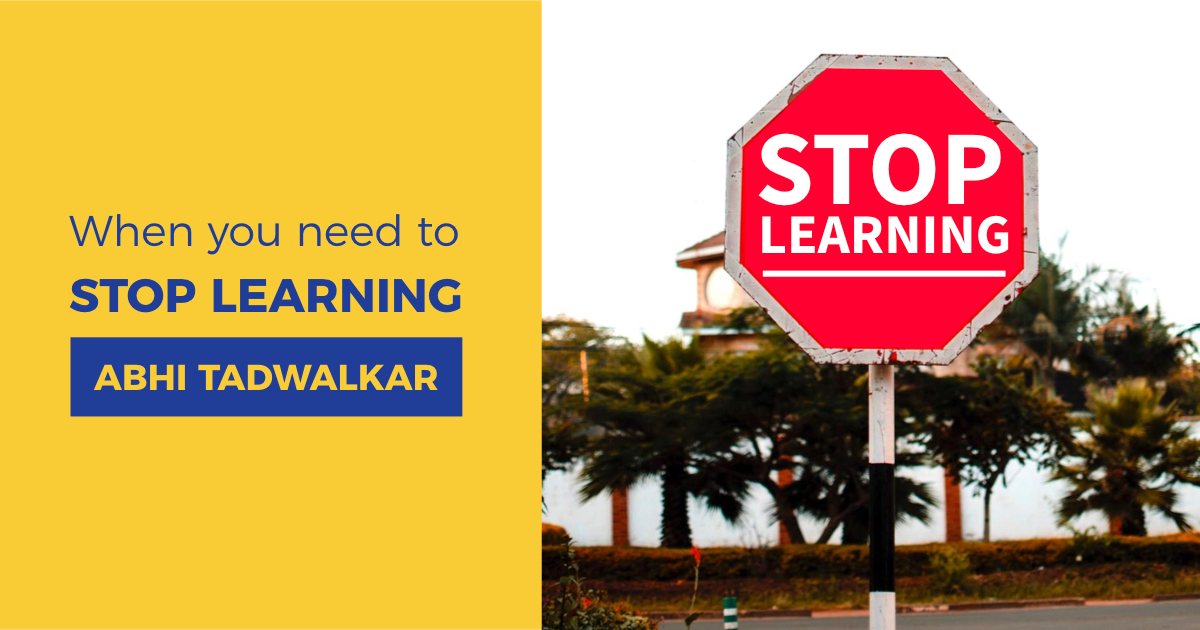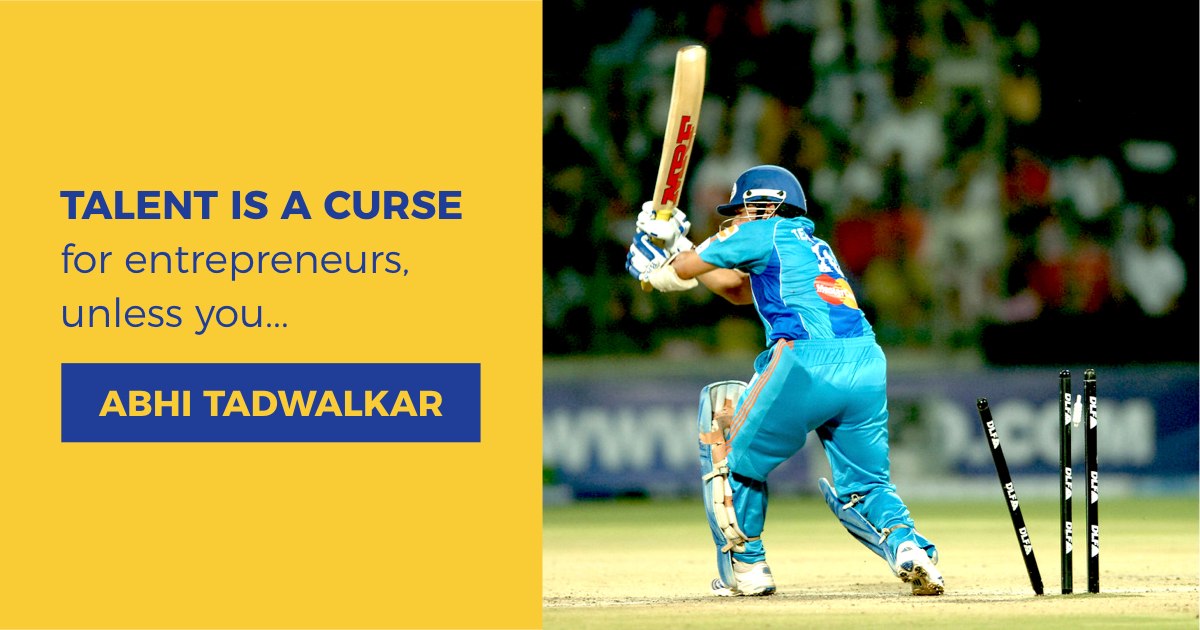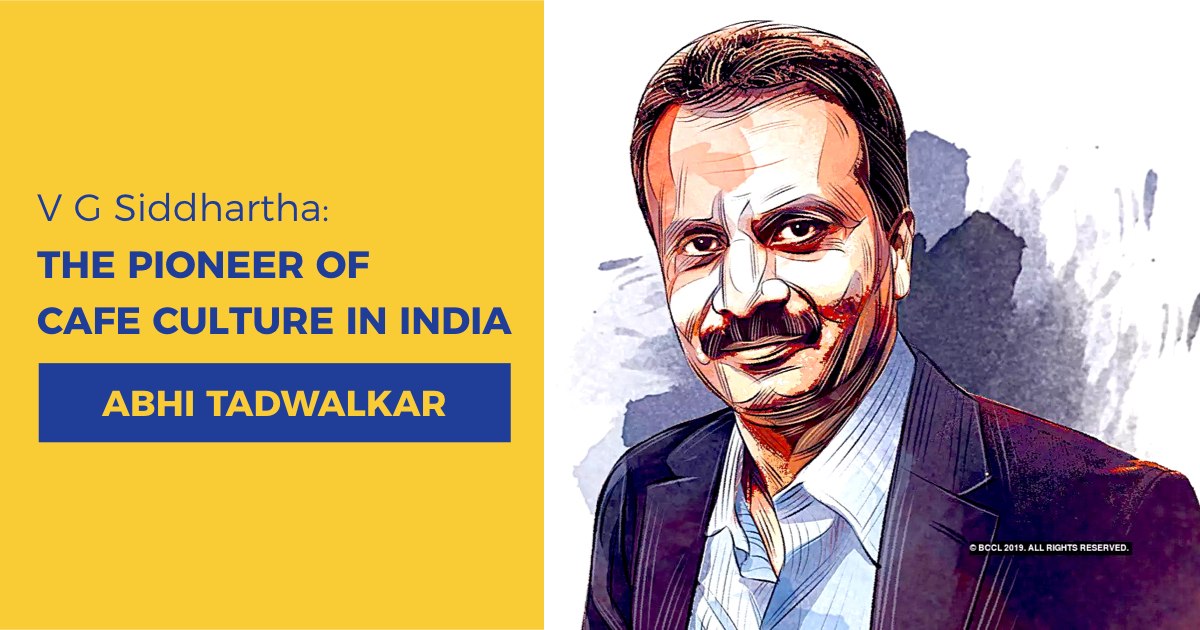This is a statement that many people in business agree with. If you are reading this article, then I assume that you have been asked to do so by your clients and don’t know what to say or why it’s such a big mistake. This article will provide 7 reasons for why Founders should avoid executing client work.
1. If the project is successful, the client wants you to be there for the next project:
If you are running a company, then it is in your best interest to put as many people on staff that can handle the work. If the project succeeds and they want you back for another one. The clients will start thinking that the project succeeded because you were so deeply involved. They will ask more of your involvement for their next set of projects. And before you know it, you will start feeling like an overworked employee of someone else.
2. If the project fails, you and your company’s talent will be judged for it:
If a project fails, then the client will not want to do business with you again. It is generally believed that the Founder is the smartest person in the team. If the project fails inspite of the most capable person being actively involved, the clients will be quick to start judging your company’s capabilities. They won’t have any other reason for why it went wrong as there are no real metrics or data points on what actually happened if and when something goes wrong.
3. There is no escalation matrix as you are easily reachable:
As the Founder, you are easily reachable. There is no escalation matrix which means that everything will be on your shoulders in case of any queries or concerns. Usually if things go wrong and counterparts start sharing cold vibes, introducing someone else resolves issues. But since the Founder is already completely exposed, he or she cannot get involved at the time of escalation, as an escalation matrix becomes virtually non-existent.
4. You get stressed:
Since you are the most responsible member of the team, you have to monitor everything. You are in a constant state of stress, and cannot think straight because you have too many things going on at the same time. Mistakes happen under stress. And therefore, chances of a failed project increase all the more.
5. Your people lose out on opportunities to learn:
Pressure builds character. If you take all the pressure, it doesn’t help build the character of the other members of your organisation. You have to put them in the spot, even at the cost of jeopardising the project. It is natural for Founders to look at short term success. And I will never tell you to sacrifice the short term, in order to secure the long term. I know too well that if you don’t secure your short term, your company may not survive in the longer term. But always keep an eye out for opportunities which you can give your team members to lead major calls and take important decisions. This will help them build confidence, and you will soon start bearing the fruits.
6. You lose out on a chance to develop middle management:
You will be able to scale and grow your company only if you are have a strong middle management. Your strongest point as a leader of your organisation should change from being excellent at delivering highest quality output, to helping your company grow. You can focus on growth only when there is someone else to focus on day to day, mundane activities. This role is played by the middle management. If you don’t build a strong middle management, you will always have to be in the thick of things. Everyone is tries to reach out to you. This satisfies our ego at times, but is detrimental for the growth of your company.
As a Founder, you are responsible for the strategic direction of your company and its culture. It is in the best interest for the company as well as in personal interest of the Founder to stay away from the delivery. If there are two (or multiple) Founders, then one of them can focus on the delivery. This is a great situation. But if you are a solo Founder, it has to be a conscious decision to stay away from delivery and focus on growing the business.






